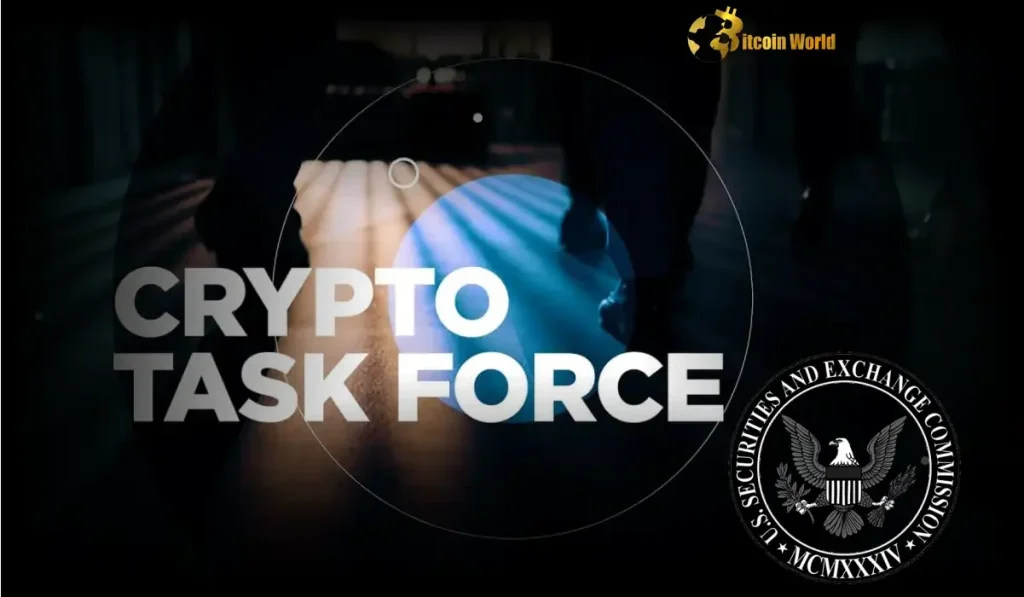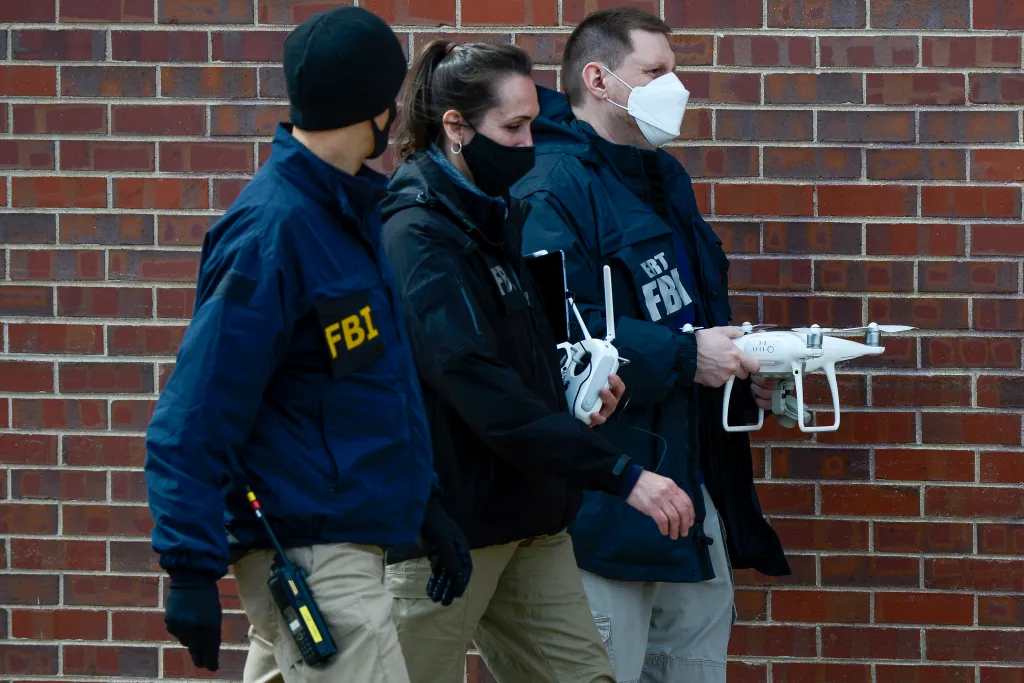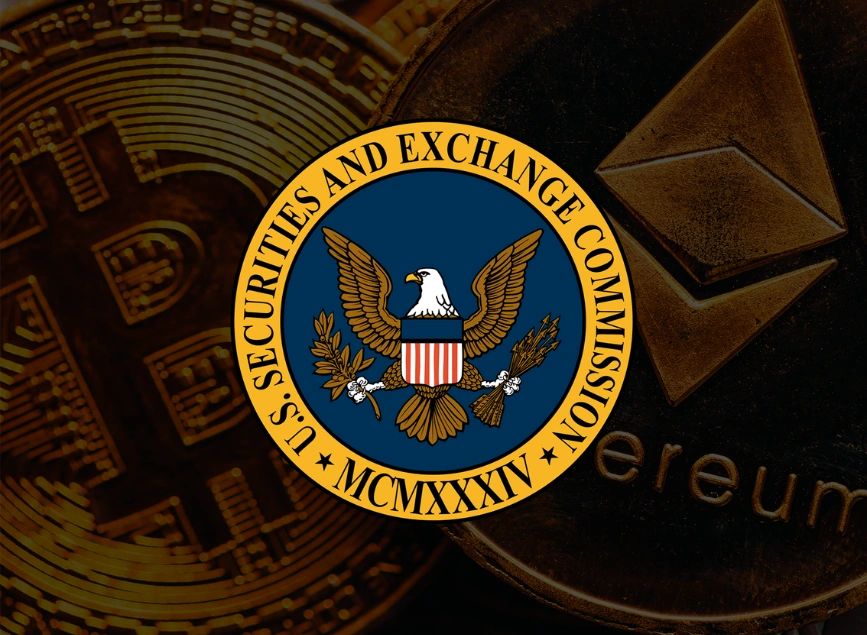Global Crypto Theft Task Force: The New Frontline Against Digital Asset Crime
Introduction: The Rise of Crypto Crime and the Need for Global Coordination
Cryptocurrency crimes caused $10 billion in losses in 2024. This led law enforcement around the world to create the Global Crypto Theft Task Force (GCTF). This international coalition combines blockchain forensics, exchange partnerships, and cross-border investigations to combat crypto theft.
This guide covers:
✔ What the GCTF is and how it operates
✔ Key successes in recovering stolen crypto
✔ How to report theft to authorities
✔ The future of crypto crime enforcement
What Is the Global Crypto Theft Task Force (GCTF)?
The GCTF is a collaboration between:
✅ Law Enforcement:
-
Interpol (International Criminal Police Organization)
-
Europol (European Cybercrime Centre)
-
FBI Cyber Division (U.S.)
✅ Blockchain Forensics Firms:
-
CipherTrace (Mastercard)
✅ Major Crypto Exchanges:
How Does the GCTF Recover Stolen Crypto?
1. AI-Powered Blockchain Tracking
The GCTF uses tools like:
-
Chainalysis Reactor to trace funds
-
TRM Labs’ Forensics Platform for cross-chain analysis
2. Exchange Freezes & KYC Investigations
Partner exchanges help:
-
Freeze stolen funds (e.g., Binance’s AML policies)
-
Identify criminals via Coinbase’s compliance program
3. International Arrests & Prosecutions
Recent operations:
-
Interpol’s “Operation HAECHI” targeting crypto scams
Major GCTF Success Stories (2024-2025)
| Case | Amount Stolen | Recovered | Key Partners |
|---|---|---|---|
| Poly Network Hack | $600M | $600M | Binance, Chainalysis |
| Axie Infinity Ronin Bridge | $625M | $300M+ | FBI, Kraken |
| Pig-Butchering Ring | $200M | $50M | Interpol, Europol |
How to Report Crypto Theft
Step 1: Gather Evidence
-
TX Hashes: Find on Etherscan or Blockchair
-
Wallet Addresses: Verify via Arkham Intelligence
Step 2: File Official Reports
-
U.S. Victims: FBI IC3
-
EU Victims: Europol EC3
-
Global Reports: Interpol Cybercrime
Step 3: Monitor Recovery
-
Track funds using TRM Labs’ Free Tools
-
Check CipherTrace’s Alerts
Future of Crypto Crime Enforcement (2025-2026)
1. AI & Predictive Policing
2. Decentralized Recovery
3. Stronger Regulations
Can the GCTF Guarantee Recovery?
No, but recovery chances improve if:
✔ You report within 72 hours
✔ Funds reach a KYC exchange (e.g., Coinbase)
✔ You provide detailed evidence
How to Protect Your Crypto
🔒 Use Hardware Wallets: Ledger | Trezor
🛡️ Enable 2FA: Google Authenticator
📢 Report Scams: FTC Complaint Assistant
Conclusion
The GCTF represents the most coordinated effort yet to combat crypto theft. While challenges remain, victims now have better recovery options than ever before.
Need help? Start with these resources:
-
Crypto Asset Recovery Legal Help
Global Crypto Theft Task Force Crypto Recovery Services and the Global Crypto Theft Task Force (GCTF): A Complete Guide
Introduction
Cryptocurrency theft is a growing global problem, with losses exceeding $10 billion annually. While blockchain transactions are irreversible, victims now have two main avenues for recovery:
-
Private Crypto Recovery Services – Forensic firms that trace and recover stolen funds
-
The Global Crypto Theft Task Force (GCTF) – A law enforcement coalition fighting crypto crime
This guide explains how both approaches work, their success rates, and how victims can maximize their chances of recovering stolen assets.
Part 1: Private Crypto Recovery Services
How Professional Recovery Firms Work
Reputable companies like Chainalysis and CipherTrace use:
✅ Blockchain forensics – Tracing stolen funds across wallets
✅ Exchange partnerships – Freezing assets at regulated platforms
✅ Legal collaboration – Working with authorities to seize fundsTop 5 Recovery Services (2024)
Company Specialization Fee Model Chainalysis Reactor Large-scale hacks Enterprise pricing Elliptic Investigator Darknet transactions Custom quotes Asset Reality NFT/DeFi scams Contingency-based Crypto Asset Recovery Investment fraud Retainer + success fee TRM Labs Cross-chain tracing Subscription Limitations of Private Services
-
No guarantees – Recovery depends on fund movement
-
High costs – Minimum losses of $50,000+ typically required
-
Scam risks – Many fake “recovery” firms exist
Part 2: The Global Crypto Theft Task Force (GCTF)
What Is the GCTF?
A coalition of:
-
Blockchain analysts (Chainalysis, Elliptic)
How the GCTF Recovers Stolen Crypto
-
Real-time tracking – AI monitors suspicious transactions
-
Exchange freezes – Partners block stolen funds
-
Arrests & seizures – International operations target criminals
Major GCTF Successes
-
$600M Poly Network hack recovery (2023)
-
$300M+ from Axie Infinity Ronin Bridge hack (2024)
-
Shutdown of $200M pig-butchering ring (2024)
Comparing Recovery Options
Factor Private Services GCTF Cost $5,000+ Free Speed Weeks-months Months-years Success Rate 15-30% 10-20% Best For Large thefts (>$50K) Cross-border crime
How to Report Crypto Theft
For Private Recovery
-
Contact a verified firm (see list above)
-
Provide:
-
TX hashes (Etherscan)
-
Wallet addresses
-
Exchange details
-
For GCTF Assistance
-
File reports with:
-
FBI IC3 (U.S.)
-
Europol EC3 (EU)
-
Interpol Cybercrime (Global)
-
-
Include:
-
Evidence of theft
-
Suspect information (if available)
-
The Future of Crypto Recovery (2025-2026)
-
AI-powered tracking – Predictive theft prevention
-
Automated freezes – Smart contract-based asset locking
-
Stronger regulations – Faster fund seizures
Key Takeaways
✔ Private services work best for large, traceable thefts
✔ GCTF handles cross-border criminal cases
✔ Act fast – Recovery chances drop after 72 hours
✔ Never pay upfront fees – Legitimate firms charge only after recoveryNeed help? Start with:
-
Crypto Recovery Services and the Global Crypto Theft Task Force SEC Crypto Task Force: How It’s Fighting Fraud & Protecting Investors
The U.S. Securities and Exchange Commission (SEC) has intensified its crackdown on cryptocurrency-related misconduct through its specialized Crypto Assets and Cyber Unit (formerly the Crypto Task Force). This enforcement division targets scams, unregistered securities, and market manipulation in the digital asset space.
This guide explains:
✔ What the SEC Crypto Task Force does
✔ Major cases and enforcement actions
✔ How it impacts crypto investors and businesses
✔ What to do if you’re affected by SEC investigations
What Is the SEC Crypto Task Force?
The SEC’s Crypto Assets and Cyber Unit (originally called the Cyber Unit, then renamed in 2022) is a specialized team within the SEC’s Division of Enforcement. Its mission includes:
✅ Identifying and prosecuting crypto fraud (Ponzi schemes, pump-and-dumps)
✅ Regulating securities violations (unregistered ICOs, illegal token offerings)
✅ Monitoring DeFi and stablecoins for compliance risks
✅ Investigating market manipulation (wash trading, insider trading)Key Focus Areas in 2024-2025
-
Staking-as-a-service compliance
-
NFTs as potential securities
-
AI-driven crypto scams
-
Cross-border crypto fraud
Major SEC Crypto Enforcement Actions
The Task Force has pursued high-profile cases, including:
1. Landmark Cases Against Exchanges
-
Coinbase (2023) – Alleged unregistered securities offerings
-
Binance & Binance.US (2023) – Charges over unregistered securities and commingling funds
-
Kraken (2023-2024) – Staking service shutdown and $30M settlement
2. Crackdown on Unregistered Securities
-
Ripple (XRP) lawsuit – Ongoing case alleging XRP was an unregistered security
-
LBRY (2023) – Court ruled LBRY tokens were securities
-
Terraform Labs (2024) – Charges over algorithmic stablecoin collapse
3. Fraud & Scam Prosecutions
-
FTX (2022-2024) – Charges against Sam Bankman-Fried for fraud
-
BitConnect (2018-2021) – $2B Ponzi scheme shutdown
-
Celebrity-endorsed scams (Kim Kardashian, Floyd Mayweather cases)
How the SEC Task Force Impacts Crypto Investors
For Investors:
-
Increased protection from fraudulent projects
-
More regulatory clarity on what constitutes a security
-
Potential fund recovery in some cases (e.g., FTX reimbursements)
For Crypto Businesses:
-
Stricter compliance requirements
-
Higher legal risks for unregistered offerings
-
Pressure to register with the SEC
What to Do If You’re Affected by SEC Actions
If You’re an Investor in a Targeted Project:
-
Check the SEC’s official announcements (sec.gov)
-
Join class-action lawsuits if applicable
-
File a complaint with the SEC or CFTC
If You’re a Crypto Business:
-
Consult legal experts on compliance
-
Consider voluntary disclosures if at risk of violations
-
Monitor SEC guidance on new regulations
Future of SEC Crypto Enforcement (2025 Predictions)
-
More DeFi platform scrutiny
-
Stricter stablecoin regulations
-
AI-generated scam crackdowns
-
Potential spot Bitcoin ETF oversight
Key Takeaways
✔ The SEC Crypto Task Force aggressively pursues fraud and securities violations.
✔ Major targets include exchanges, ICOs, and DeFi projects.
✔ Investors gain more protection, but businesses face higher compliance risks.
✔ If impacted, check SEC filings and consult legal help.Need updates on SEC crypto cases? Follow:
-
SEC Crypto Task Force
-
-




